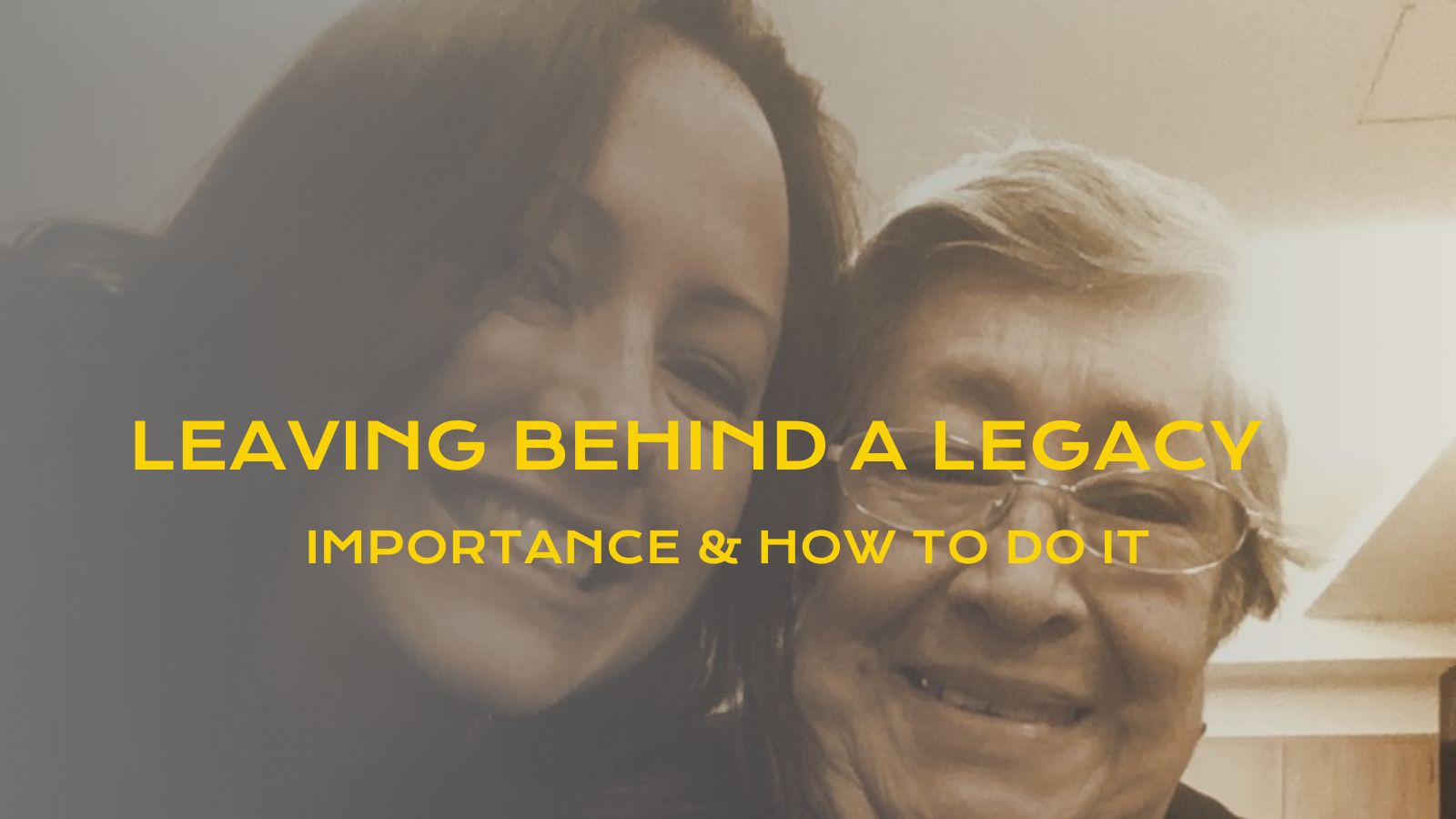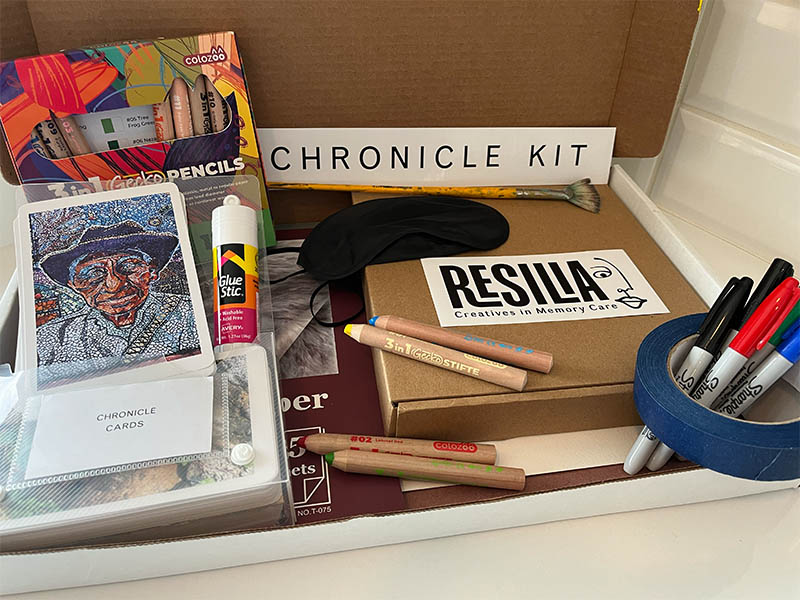
Resilia believes that people living with life-limiting illnesses don’t intend to live forever but they do wish to create something that will. When I was seeking feedback during the development of the Legacy Chronicles product, I was touched by the responses and opinions about what others thought Legacy meant and why it is important.

The 50 people not only defined legacy very differently, but they also shared very different ideas of what their legacy will (or will not) be. Interestingly, 38 of the people stated they will have a legacy but only 11 people knew how they would share it. Not surprisingly, all the people communicated in some way that the value of legacy is for both for others and for the person who is leaving it.
With the support of the responses to these questions and Resilia’s expertise in legacy telling, creative expression, and end-of-life, here are the collected responses to four questions about legacy:
A legacy is a tangible gift or verbal passing that captures the ordinary and extraordinary of a person and/or their life. The gifts or passings can be intentional or non-intentional, shared with others, or treasured by one individual. Legacies can be negative but are most related to positivity, always encompassing meaning and one or more values of a person.
Tangible examples of legacies include businesses, recipes, products, proprietary content, funds, biographies, collections, self-made artwork or art collections, property, or constructed heirlooms. Examples of legacies that are verbally passed are specific stories or guidelines from a person´s life experience that are repeatedly told to others because they hold a lesson or meaning valuable to others.
Legacies are the constructs required for the evolution of our current lifestyle and functions and for the future. These constructs boast the visions, learnings, successes, and meaning of the people and ancestors before us, and help future generations build and make better decisions.
Tangible gift legacies are shared through inheritances, legacy letters, ethical wills, within legal contracts, protocols, or by-laws, or through objects made or gifted handed to another. Tangible gift legacies can be digital or physical objects. For example, a digital slide show or physical photo album. Verbal passings are shared directly from the teller to the receiver, but can also be written, recorded, or filmed to preserve the legacy in a tangible gift.
Legacy Chronicles is an affordable product that creatively explores and documents legacy. It can be completed by an individual, family caregiver, or care-providing organization. It can be done independently, with partners, or in a large group.
The results of the product include a self-portrait photograph and artwork, biography poem, and chronicled album of responses to life questions accompanied by personal photographs. Resilia also offers an Autobiography Video that includes all the latter items plus a 20-minute video made from a filmed interview, personal photographs, and a customized music list.
We use cookies to give you the best online experience. By using this website you agree with our cookie policy.